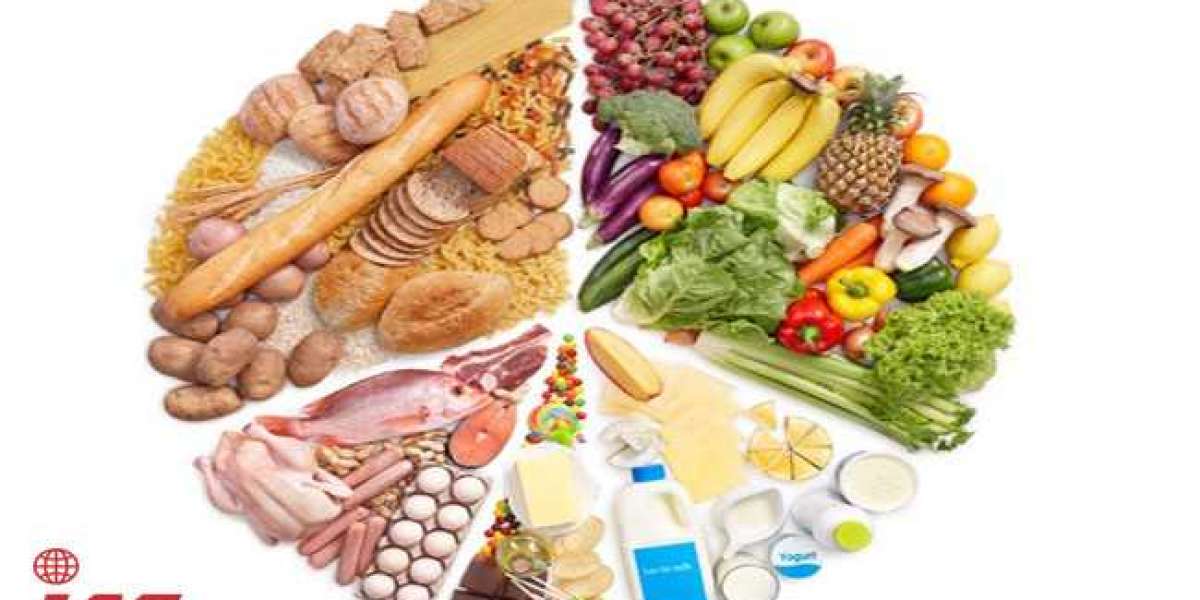In today's diverse culinary landscape, the demand for kosher-certified products is steadily rising, reflecting not only the preferences of Jewish consumers but also the growing awareness of the broader population about the importance of quality and dietary adherence. Kosher certification, a process that ensures products comply with Jewish dietary laws, has become a symbol of trust and purity in the food industry.
At its core, kosher certification is rooted in religious tradition, specifically outlined in the Jewish dietary laws known as kashrut. These laws dictate what foods are permissible (kosher) and what should be avoided. The certification process involves thorough inspection and scrutiny of the entire production process, from sourcing raw materials to the final packaging.
One key element of kosher certification is the strict separation of meat and dairy products during production and consumption. According to kashrut, meat and dairy should not be cooked or consumed together. This separation extends beyond the kitchen, influencing the design and layout of facilities seeking kosher certification. Companies must demonstrate their commitment to maintaining this separation, ensuring that utensils, equipment, and storage areas are dedicated exclusively to either meat or dairy.
To obtain kosher certification, companies must engage with a certified kosher agency or a qualified rabbi who oversees and supervises the entire certification process. The rabbi or agency thoroughly examines the ingredients, production methods, and equipment used, ensuring they align with kosher dietary laws. If all criteria are met, the product receives the coveted kosher symbol, a stamp of approval that instills confidence in Jewish and non-Jewish consumers alike.
The benefits of obtaining kosher certification extend beyond the religious community. Many consumers view kosher products as a mark of quality, cleanliness, and attention to detail. The rigorous certification process often involves more thorough inspections and higher production standards, contributing to overall food safety and quality assurance.
Moreover, the global nature of the food industry has prompted many non-Jewish consumers to seek out kosher-certified products. The certification process, with its emphasis on transparency and stringent guidelines, appeals to those who value ethical and responsible production practices.
In conclusion, kosher certification has evolved from a religious requirement to a symbol of quality and purity in the modern food industry. As more consumers prioritize transparency and adherence to dietary laws, kosher certification provides a trusted standard for both Jewish and non-Jewish communities. Companies that embrace this certification not only cater to a specific market but also demonstrate a commitment to excellence and tradition in the increasingly diverse world of food production.








